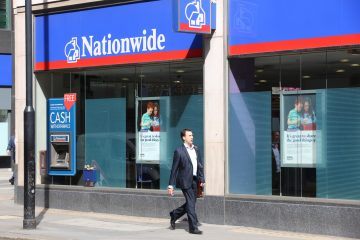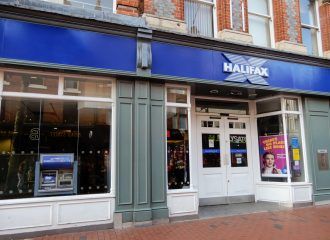House prices increase almost three times faster than homeowner wages
The average UK home has increased in value almost three times faster than its owner’s wages over the past decade, according to a new analysis from Private Finance.
This information comes from the ONS Price Data (December 2008 and December 2018) and ONS gross mean weekly earnings data (2008 and 2018) for local authorities across the UK.
The average UK home experienced a 43% rise in value between 2008 and 2018, from £160,954 to £229,861.
In comparison, the average annual UK salary has increased by just 15% from £24,606 to £28,860 over the same period. Private Finance highlights that had wages experienced the same increase as house prices, the average employee would now be on £35,187 per year.
London boroughs and home counties home to highest earning properties
Average house prices in Kensington and Chelsea have seen an 85% growth over the ten-year period, while wages have increased by only 3%.
Private Finance also points out that Kensington and Chelsea homeowners would now be on an average salary of £112,124 if their wages had increased at the same rate as house prices.
Top 10 hardest working regions for house prices
| Local Authority | Growth in wages 2008-2018 (%) | Growth in house prices 2008-2018 (%) | 2018 annual wages | Average earnings if wage growth matched house price growth |
| Kensington and Chelsea | 3% | 85% | £62,088 | £112,124 |
| City of Westminster | -1% | 78% | £55,515 | £99,289 |
| Camden | 9% | 89% | £44,886 | £77,424 |
| Hammersmith and Fulham | 11% | 69% | £46,306 | £70,057 |
| Islington | 12% | 83% | £43,820 | £70,191 |
| Richmond upon Thames | 15% | 84% | £48,235 | £75,703 |
| Hackney | 18% | 89% | £33,800 | £52,720 |
| Haringey | 12% | 96% | £33,597 | £58,044 |
| South Bucks | 7% | 65% | £42,812 | £65,623 |
| Elmbridge | -11% | 66% | £43,030 | £79,381 |
Property values rise as mortgage costs fall
Falling mortgage rates have also meant that the monthly cost of owning a home has become considerably more affordable. This and rising property values indicates that making a return on investment is now even more lucrative.
From 2008 to 2018, the average two-year fixed rate mortgage at 75% loan-to-value (LTV) has fallen from 4.77% to 1.73%.
Bank of England average 2
Simon Checkley, Managing Director at Private Finance comments: “Property first and foremost provides a roof over your head and a place to call home; however, over the long term it can act as a lucrative investment.
“With falling mortgage rates making the cost of owning a home even more affordable, homeowners’ potential return on investment could be set to become even greater.
“Many homeowners will undoubtedly take comfort in the fact that over the past 10 years, as they’ve worked hard to earn an income, their home has essentially been doing the same – and arguably even more successfully.
“Though house price growth has slowed in recent years, it remains buoyant in many areas of the country, and has historically remained strong over the long-term.
“This money needn’t remain locked away in our homes. For homeowners looking to stay put, or move to a more manageable house, downsizing and remortgaging are both options that can enable individuals to release some of the money earnt by their home to help them with their wider financial goals.”





